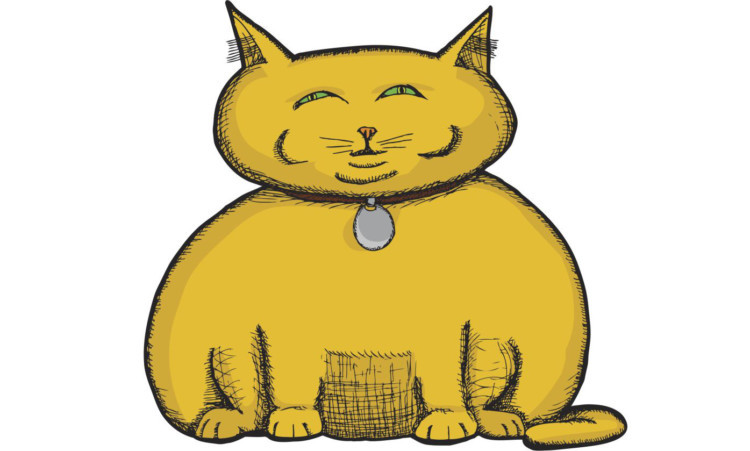
Individual happiness is difficult in an unequal society, no matter how wealthy you are.
Fat Cat Wednesday that’s a new one on me.
Last Wednesday, January 8, Britain’s richest bosses had pocketed more cash by mid-morning on their second day back in the boardroom than the average annual wage of £26,000. Put another way, top earners raked in more during the first working week of 2014 than most people will earn this year.
Your reaction depends on your outlook. Some think good luck to them. These bosses are self-made men and women who worked their way to the top, not posh kids who inherited loadsamoney. Others think, greedy bounders! (or words to that effect). How can FTSE100 Chief Executives on £4.3 million sleep at night knowing their staff are using foodbanks to survive?
But there’s another way of looking at the outrageous pay gap.
It’s damaging for everyone because, after a certain income, more cash doesn’t make anyone happier or healthier not even the high rollers.
In their best-selling book, The Spirit Level, Professor Richard Wilkinson and Dr Kate Pickett show individual happiness hits the buffers pretty fast when folk live in an unequal society like ours.
The British boffins used thirty years of research to show that beyond the average income, more cash in the individual pocket doesn’t extend life expectancy, improve health or create extra happiness.
That’s why the smartest money men of yesteryear, like Dunfermline’s Andrew Carnegie, built libraries. And why the smart millionaires of today, such as Microsoft’s Bill Gates, fight AIDS with their cash.
It’s also why smart societies think of the Nordic nations don’t let these social goods depend on the largesse of far-sighted, well-meaning millionaires. They redistribute income by imposing high taxes on high earners. And surprisingly, talented Nordics don’t leave in a huff. They pay up and contribute.
Why? Because equal societies are not just fairer, they make everyone happier. Even the rich.
Richard and Kate use Government statistics to show that mental illness is five times higher in the most unequal societies (UK, USA, Portugal, Greece, Australia and Italy) than the most equal (the Scandics plus Japan and the Netherlands.) And that’s amongst everyone, not just the poor.
In unequal societies people are five times more likely to be imprisoned, six times more likely to be clinically obese, many times more likely to be murdered.
The message is clear. Equal societies do better for everyone.
The authors calculate that if Britain became as equal as the Scandinavians, levels of trust could be two thirds higher, mental illness might be halved, everyone would have an extra year of life, teenage births more than halved, murder rates could fall by 75% and the Government could close many prisons.
I realise that sounds too good to be true. But that’s the reality of neighbouring nations with fewer resources but more equality than Britain.
Deep down, since Thatcher released the greed virus into British life, we all believe in the divided cake. If someone gets a large slice, we must get a smaller one.
The Spirit Level authors show that’s simply untrue. In equal societies fairness, security, high quality hospitals and great public transport add to everyone’s happiness.
In unequal societies unemployment, under achievement, low productivity, vandalism, bad health, premature mortality, petty crime, drug and alcohol misuse and depression bring everyone down.
So congratulations to the High Pay Centre for “discovering” Fat Cat Wednesday.
It’s just a shame the well-padded politicians of Westminster aren’t listening.

Enjoy the convenience of having The Sunday Post delivered as a digital ePaper straight to your smartphone, tablet or computer.
Subscribe for only £5.49 a month and enjoy all the benefits of the printed paper as a digital replica.
Subscribe